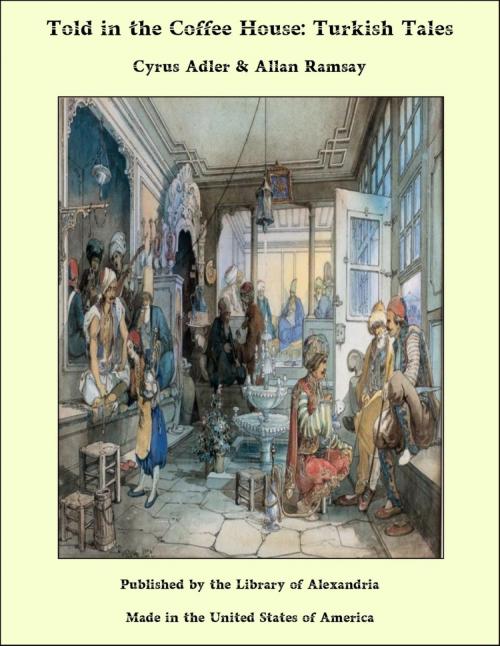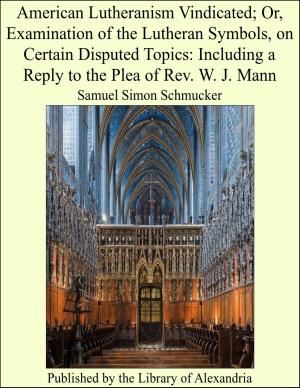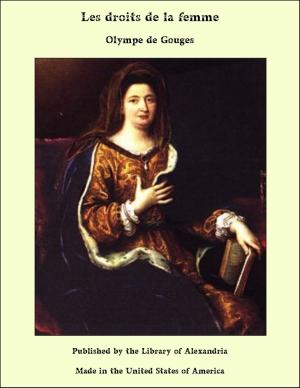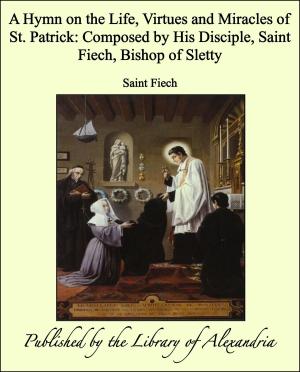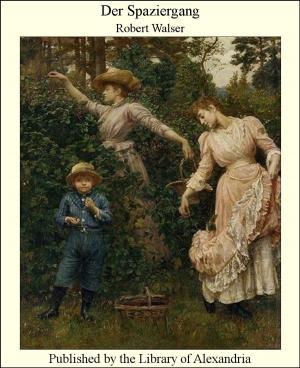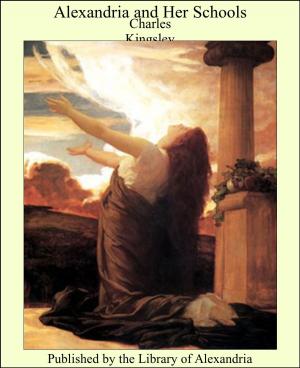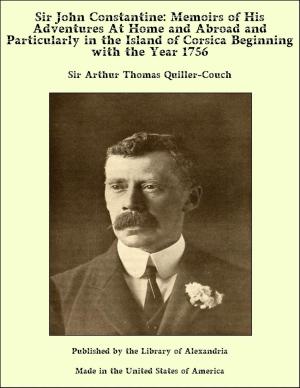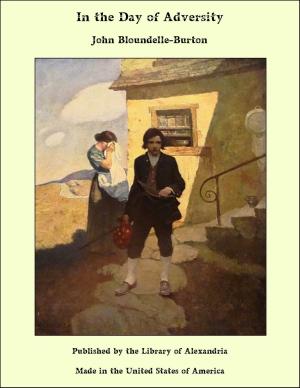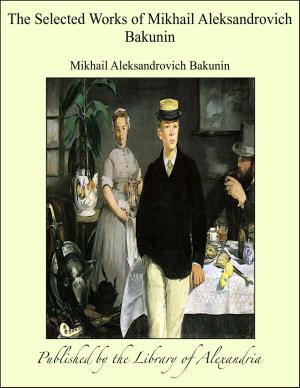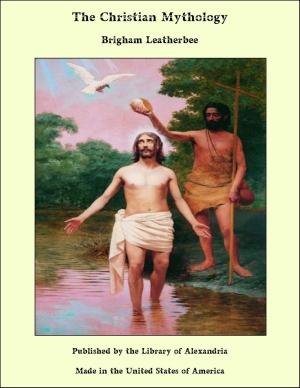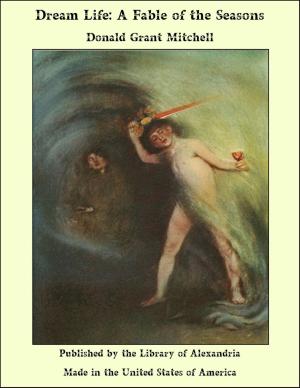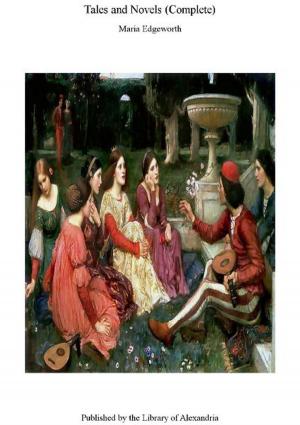Told in the Coffee House: Turkish Tales
Nonfiction, Religion & Spirituality, New Age, History, Fiction & Literature| Author: | Cyrus Adler & Allan Ramsay | ISBN: | 9781465614162 |
| Publisher: | Library of Alexandria | Publication: | March 8, 2015 |
| Imprint: | Language: | English |
| Author: | Cyrus Adler & Allan Ramsay |
| ISBN: | 9781465614162 |
| Publisher: | Library of Alexandria |
| Publication: | March 8, 2015 |
| Imprint: | |
| Language: | English |
Not far from the famous Mosque Bayezid an old Hodja kept a school, and very skilfully he taught the rising generation the everlasting lesson from the Book of Books. Such knowledge had he of human nature that by a glance at his pupil he could at once tell how long it would take him to learn a quarter of the Koran. He was known over the whole Empire as the best reciter and imparter of the Sacred Writings of the Prophet. For many years this Hodja, famed far and wide as the Hodja of Hodjas, had taught in this little school. The number of times he had recited the Book with his pupils is beyond counting; and should we attempt to consider how often he must have corrected them for some misplaced word, our beards would grow gray in the endeavor. Swaying to and fro one day as fast as his old age would let him, and reciting to his pupils the latter part of one of the chapters, Bakara, divine inspiration opened his inward eye and led him to pause at the following sentence: "And he that spends his money in the ways of Allah is likened unto a grain of wheat that brings forth seven sheaves, and in each sheaf an hundred grains; and Allah giveth twofold unto whom He pleaseth." As his pupils, one after the other, recited this verse to him, he wondered why he had overlooked its meaning for so many years. Fully convinced that anything either given to Allah, or in the way that He proposes, was an investment that brought a percentage undreamed of in known commerce, he dismissed his pupils, and putting his hand into his bosom drew forth from the many folds of his dress a bag, and proceeded to count his worldly possessions. Carefully and attentively he counted and then recounted his money, and found that if invested in the ways of Allah it would bring a return of no less than one thousand piasters. "Think of it," said the Hodja to himself, "one thousand piasters! One thousand piasters! Mashallah! a fortune." So, having dismissed his school, he sallied forth, his bag of money in his hand, and began distributing its contents to the needy that he met in the highways. Ere many hours had passed the whole of his savings was gone. The Hodja was very happy; for now he was the creditor in Allah's books for one thousand piasters.
Not far from the famous Mosque Bayezid an old Hodja kept a school, and very skilfully he taught the rising generation the everlasting lesson from the Book of Books. Such knowledge had he of human nature that by a glance at his pupil he could at once tell how long it would take him to learn a quarter of the Koran. He was known over the whole Empire as the best reciter and imparter of the Sacred Writings of the Prophet. For many years this Hodja, famed far and wide as the Hodja of Hodjas, had taught in this little school. The number of times he had recited the Book with his pupils is beyond counting; and should we attempt to consider how often he must have corrected them for some misplaced word, our beards would grow gray in the endeavor. Swaying to and fro one day as fast as his old age would let him, and reciting to his pupils the latter part of one of the chapters, Bakara, divine inspiration opened his inward eye and led him to pause at the following sentence: "And he that spends his money in the ways of Allah is likened unto a grain of wheat that brings forth seven sheaves, and in each sheaf an hundred grains; and Allah giveth twofold unto whom He pleaseth." As his pupils, one after the other, recited this verse to him, he wondered why he had overlooked its meaning for so many years. Fully convinced that anything either given to Allah, or in the way that He proposes, was an investment that brought a percentage undreamed of in known commerce, he dismissed his pupils, and putting his hand into his bosom drew forth from the many folds of his dress a bag, and proceeded to count his worldly possessions. Carefully and attentively he counted and then recounted his money, and found that if invested in the ways of Allah it would bring a return of no less than one thousand piasters. "Think of it," said the Hodja to himself, "one thousand piasters! One thousand piasters! Mashallah! a fortune." So, having dismissed his school, he sallied forth, his bag of money in his hand, and began distributing its contents to the needy that he met in the highways. Ere many hours had passed the whole of his savings was gone. The Hodja was very happy; for now he was the creditor in Allah's books for one thousand piasters.
